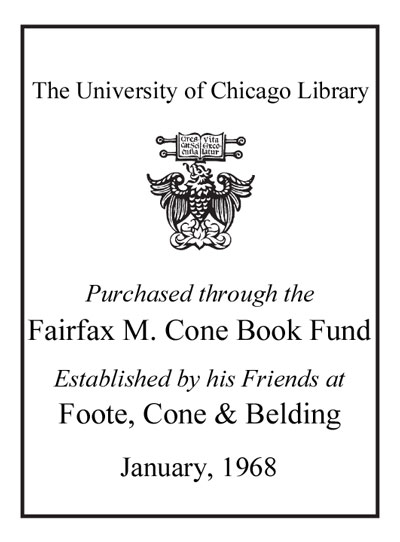Review by Choice Review
In this engaging, well-written, provocative volume, Otteson (economics and business ethics, Wake Forest Univ.) looks at popular conceptions of business ethics, identifies errors he believes shortchange business leaders, and proposes guidelines to inform honorable business. His objective is to defend the virtues of business under free markets, and his arguments are lucid and persuasive--up to a point. Unfortunately, Otteson is adept at a kind of misdirection: solidifying his claims by careful omission of contrary evidence. He limits his sources and interpretations to those that support business ethics consistent with laissez-faire capitalism. For example, he presses Adam Smith into service, even though Smith did not anticipate an economy dominated by joint-stock corporations. Otteson insists that Smith was an uncritical exponent of free markets but makes no effort to distinguish 19th-century owner-proprietorships of Smith's day from modern corporate capitalism. Ultimately, Otteson cites only historians and economists who validate his claim that prosperity is the consequence of minimally regulated markets. He seeks to persuade readers that conventional conceptions of fairness are inconsistent with basic economic logic because they threaten prosperity. He demands acceptance of an abstract market model that promises prosperity, but he cites only "classical liberals" to buttress his argument. This book is best regarded as well-constructed propaganda. Summing Up: Optional. Graduate students, researchers, faculty. --David Carroll Jacobs, Morgan State University
Copyright American Library Association, used with permission.
Review by Choice Review

